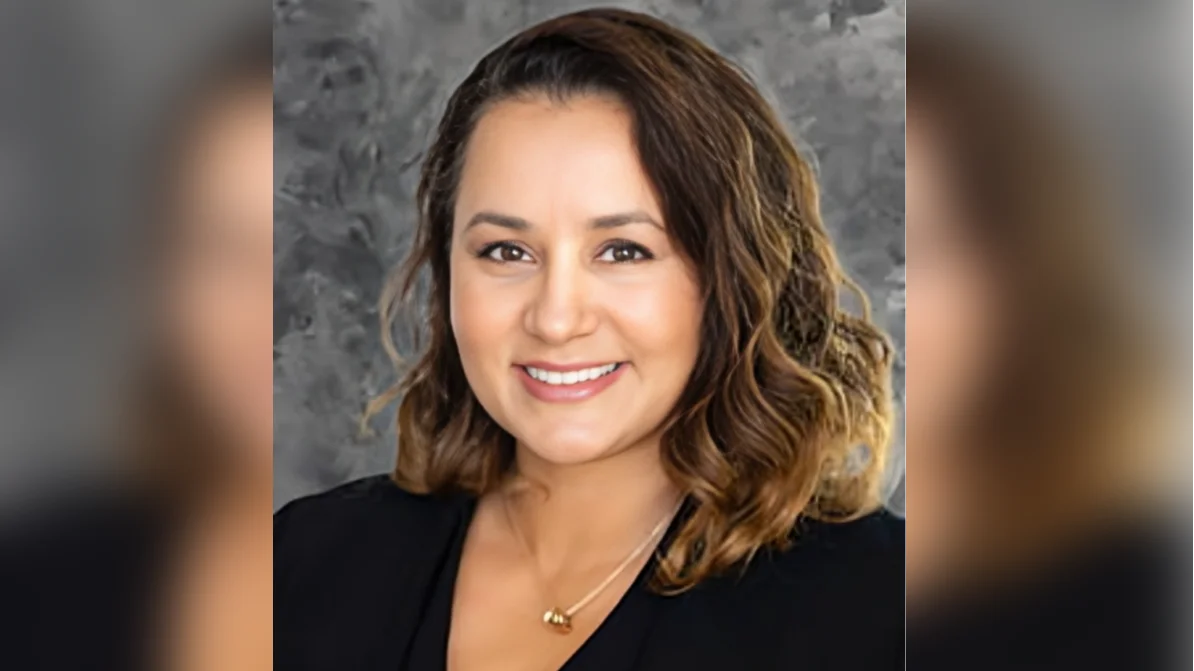Dr. Natasha Bagdasarian Chief Medical Executive for the State of Michigan | Michigan Department of Health & Human Services Website
Dr. Natasha Bagdasarian Chief Medical Executive for the State of Michigan | Michigan Department of Health & Human Services Website
The Michigan Department of Health and Human Services (MDHHS) has initiated the MiFamily Together program in collaboration with community-based organizations. This two-year pilot program, which started on October 1, aims to offer flexible family preservation services across 25 counties. The initiative is designed to address the specific needs of families, whether they are facing a crisis, require additional support to prevent out-of-home placements, or have children returning from foster care.
Elizabeth Hertel, MDHHS director, stated, “The launch of the MiFamily Together pilot is an important shift in the way we deliver services. The flexibility this program provides, and its holistic approach will have a positive impact on Michigan families and provide seamless transitions to additional resources as their needs change.”
The program seeks to simplify access to services by consolidating resources and integrating best practices. It aims to reduce the number of programs families must navigate as their circumstances evolve. Brittney Barros from the Family Preservation Lived Experience Advisory Council noted that having consistent workers can enhance trust and understanding: "Switching workers and programs can lead to mistrust, confusion and families having to re-tell their stories."
A significant aspect of MiFamily Together is its adoption of a two-generation (2Gen) approach through partnerships with the Michigan Federation for Children and Families and Ascend at the Aspen Institute. This method focuses on engaging both children and caregivers holistically.
Kadi Prout from the Michigan Federation for Children and Families highlighted the potential benefits: “Community-based organizations are well-positioned to develop supports and increase the family’s overall well-being by working with both the adults and the children in the home.”
To further support this initiative, MDHHS has collaborated with the University of Kentucky's Center for Innovation in Population Health to incorporate the Family Advocacy and Support Tool (FAST). This tool aids staff in identifying critical needs within families. Additionally, ongoing evaluation will be conducted by the University of Michigan Child and Adolescent Data Lab.






 Alerts Sign-up
Alerts Sign-up